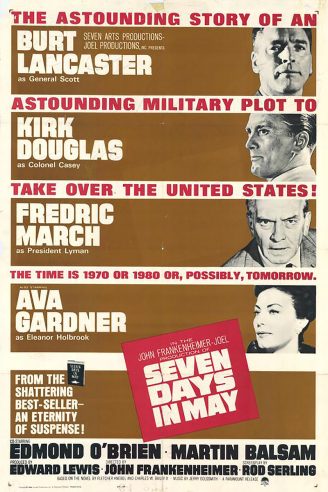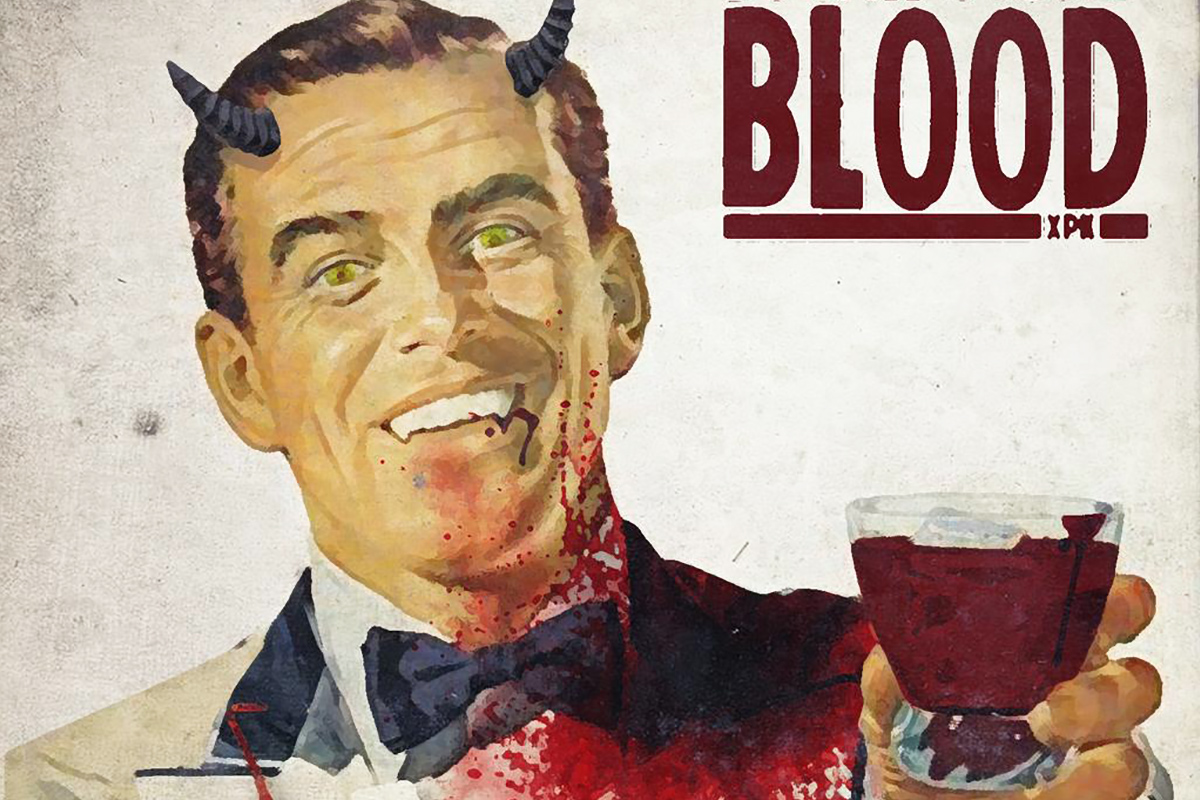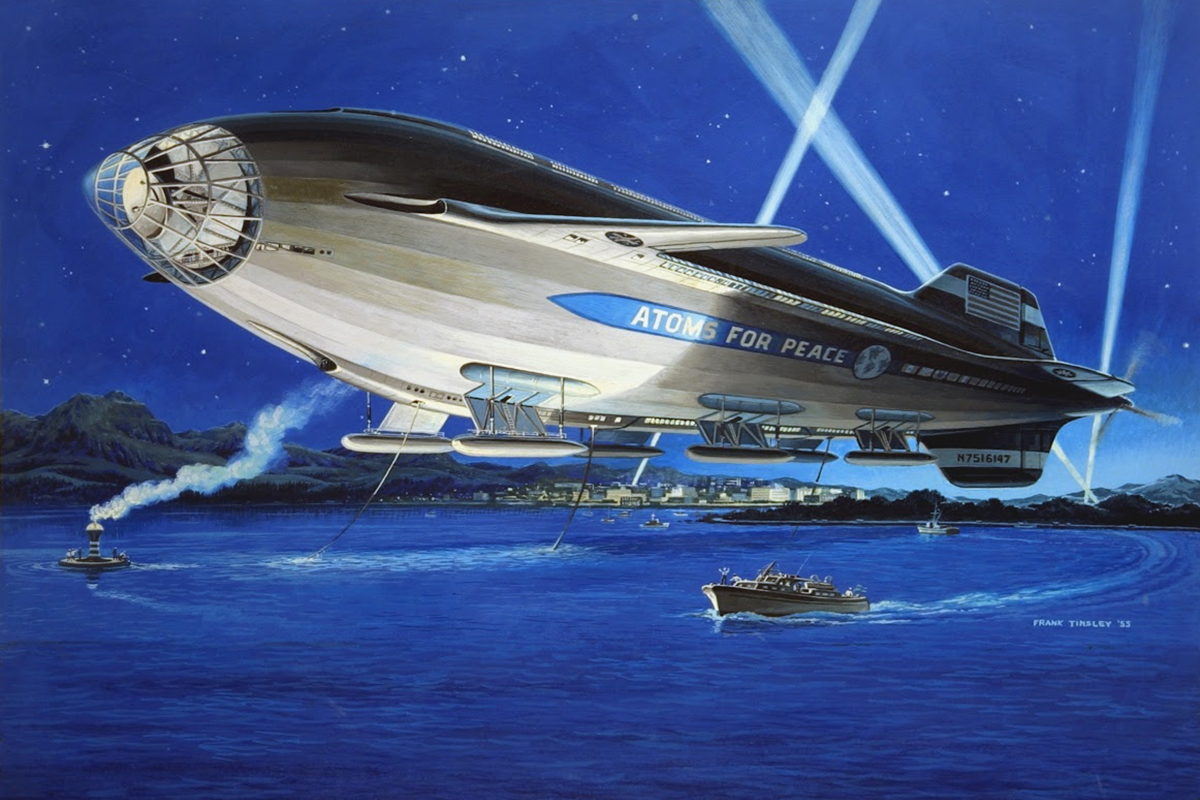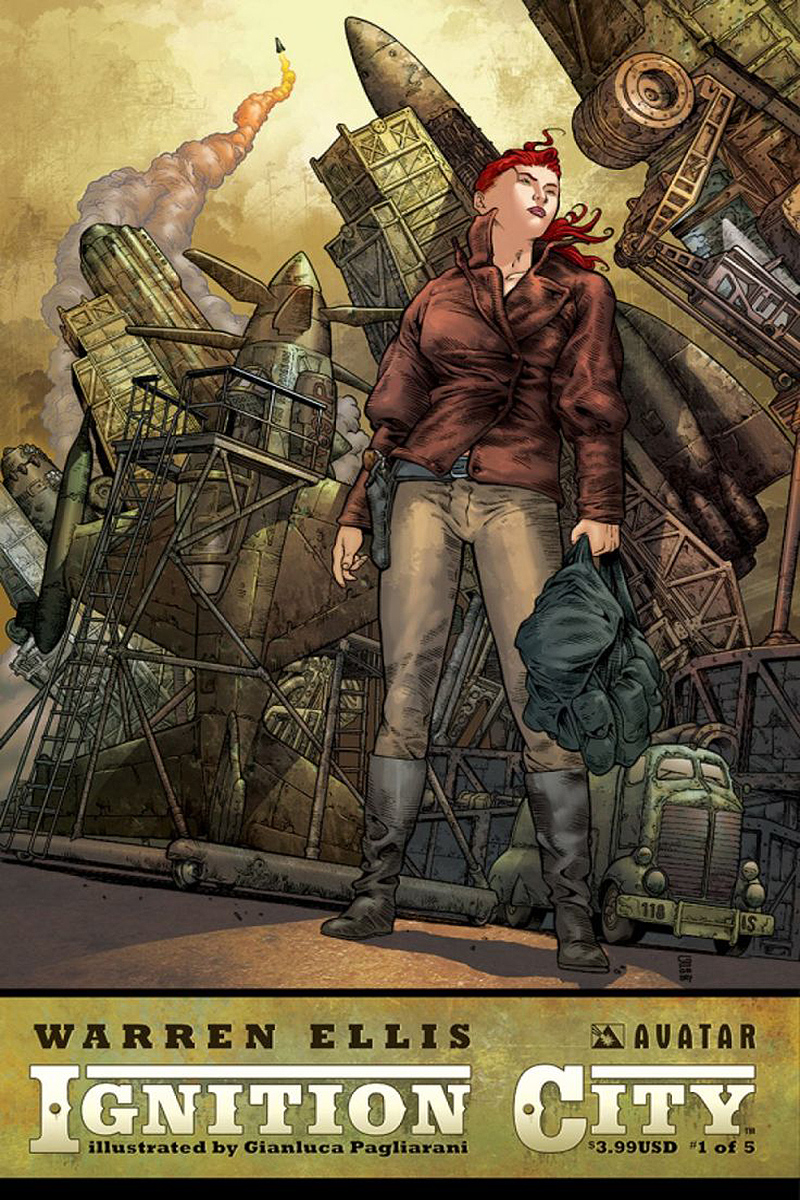Seven Days in May, based on the highly successful novel of the same name by Charles W. Bailey II and Fletcher Knebel, tells the story of an attempted military putsch in the United States.
It’s the early 1970s. An unpopular President Jordan Lyman (Fredric March) has signed a nuclear disarmament treaty with the Soviet Union and is facing strong opposition from the military and the right. The charismatic Air Force General James Mattoon Scott (Burt Lancaster) has convinced all but one of the Joint Chiefs of Staff to support him in a coup against the president. Colonel Jiggs Casey (Kirk Douglas), director of the Joint Staff, finds out about the plan and teams up with Lyman to stop it.
The story was influenced by real-world concerns about the military’s political influence. President John F. Kennedy had forced the fanatically anticommunist General Edwin Walker to resign in late 1961, a year before the book came out. In 1962, Kennedy clashed with the Joint Chiefs during the Cuban missile crisis. Air Force chief Curtis LeMay in particular was critical of the president’s determination to avoid war. LeMay still blamed Kennedy for the failed invasion of the Bay of Pigs, during which the Democrat had refused to provide air support to the Cuban rebels.
Kennedy was a fan of the book and his administration allowed filming on the White House grounds.
The Pentagon, by contrast, was not amused, and a scene in which one of the characters is being ferried out to an aircraft carrier was filmed in San Diego Bay without the Defense Department’s permission.
Half a century later, some of the scenes might seem over the top. Lyman has a couple of sanctimonious speeches. Scott’s justification for the coup is a little cartoonish. A subplot starring Ava Gardner as the general’s former mistress is ultimately pointless. But the movie is well-paced and should be watched less for plausibility and more for insight into the paranoia of the Cold War.






1 Comment
Add YoursAn entertaining movie. Yet President Kennedy was not quite the typical liberal Democrat people imagined after his assassination. Some of his 1960 campaign positions were more right wing than Nixon’s. Kennedy accused the Eisenhower/Nixon Republican administration of being soft on Communism by allowing a ‘Missile Gap’ to develop between the US and Russia. Kennedy also supported the B70 strategic bomber and planned a huge tax cut, which was implemented by his successor LBJ.